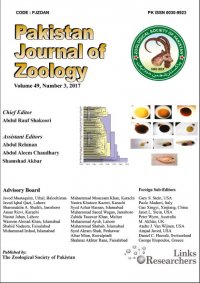The aim of this study was to examine the influence of immune modulators on the immune competence of broiler chickens. In three experiments (n=240 chicks in each), the immune modulators vitamin C (500 mg/l), vitamin E (200 mg/l), dietary nucleotides (100 mg/l) and DNA (100 mg/l) extracted from chicken liver were separately offered on days 1-21, 1-42 and 22-42 in experiments 1, 2 and 3, respectively. Under standard broiler management conditions, birds were divided into five treatment groups of 48 with four replicates. Commercial pre-starter feed, starter feed and finisher feed were offered on days 1-12, 13-25 and 26-42, respectively. Birds were vaccinated against Newcastle disease virus and infectious bursal disease. Relative lymphoid organ weights were recorded on day 42. Hemagglutination inhibition (HI) assay was performed against Newcastle disease virus on a weekly basis, whilst a hemagglutination (HA) assay was performed to determine immunity against total sheep red blood cell (SRBC) , mercaptoethanol-2 resistant (IgG) and mercaptoethanol-2 sensitive (IgM) antibodies on weeks 3, 4, 5 and 6. Lymphoid organ weight showed non-significant difference (P>0.05), with numerically higher weight in immune modulator groups. The vitamin E supplemented group had highest HI antibody titers (7.22±0.25, 7.36±0.18 and 6.55±0.38). In experiments 1 and 2, supplementation with immune modulators had significant (P<0.05) effects on total SRBC, IgG and IgM titers. In conclusion, vitamin E showed better immuno-modulatory effect followed by vitamin C, nucleotides and DNA, respectively. Supplementation of immuno-modulators at early age (1 to 21 days) showed more promising effect on immune performance of broiler chickens.









